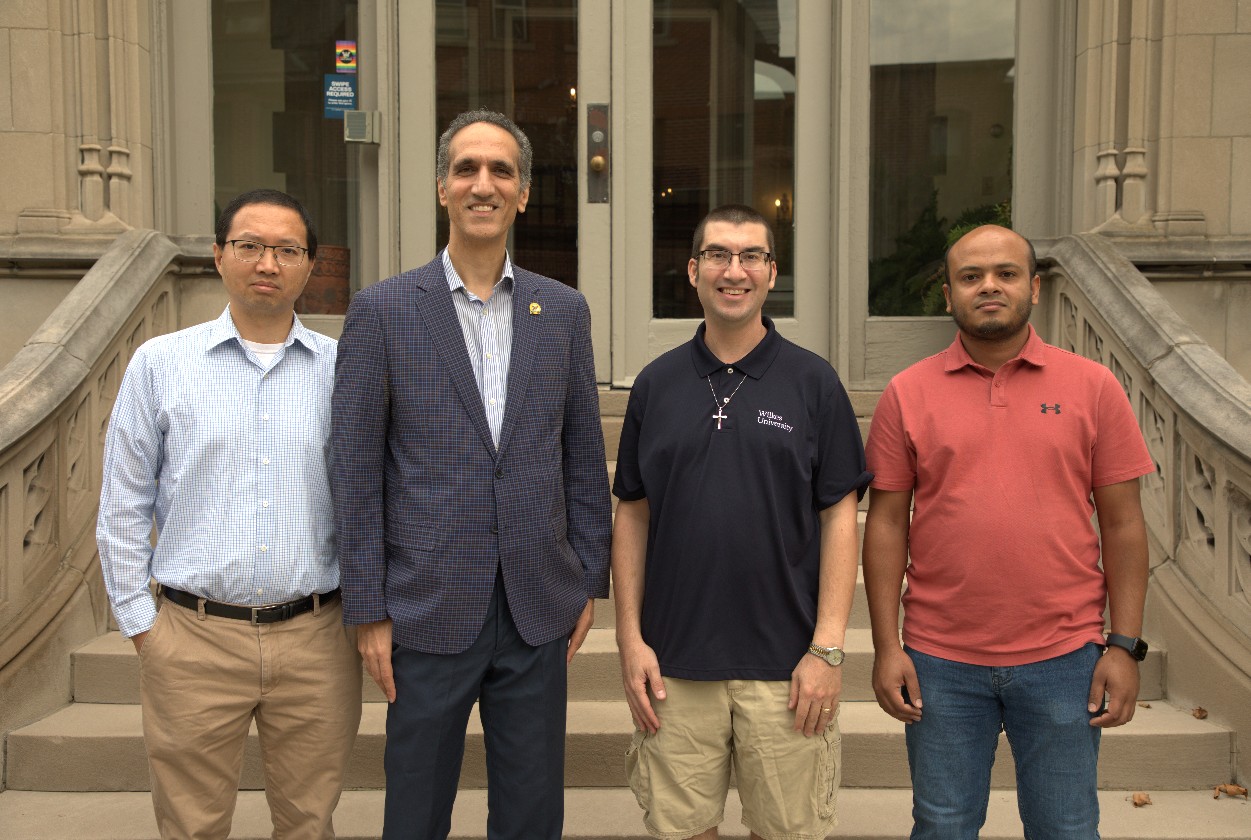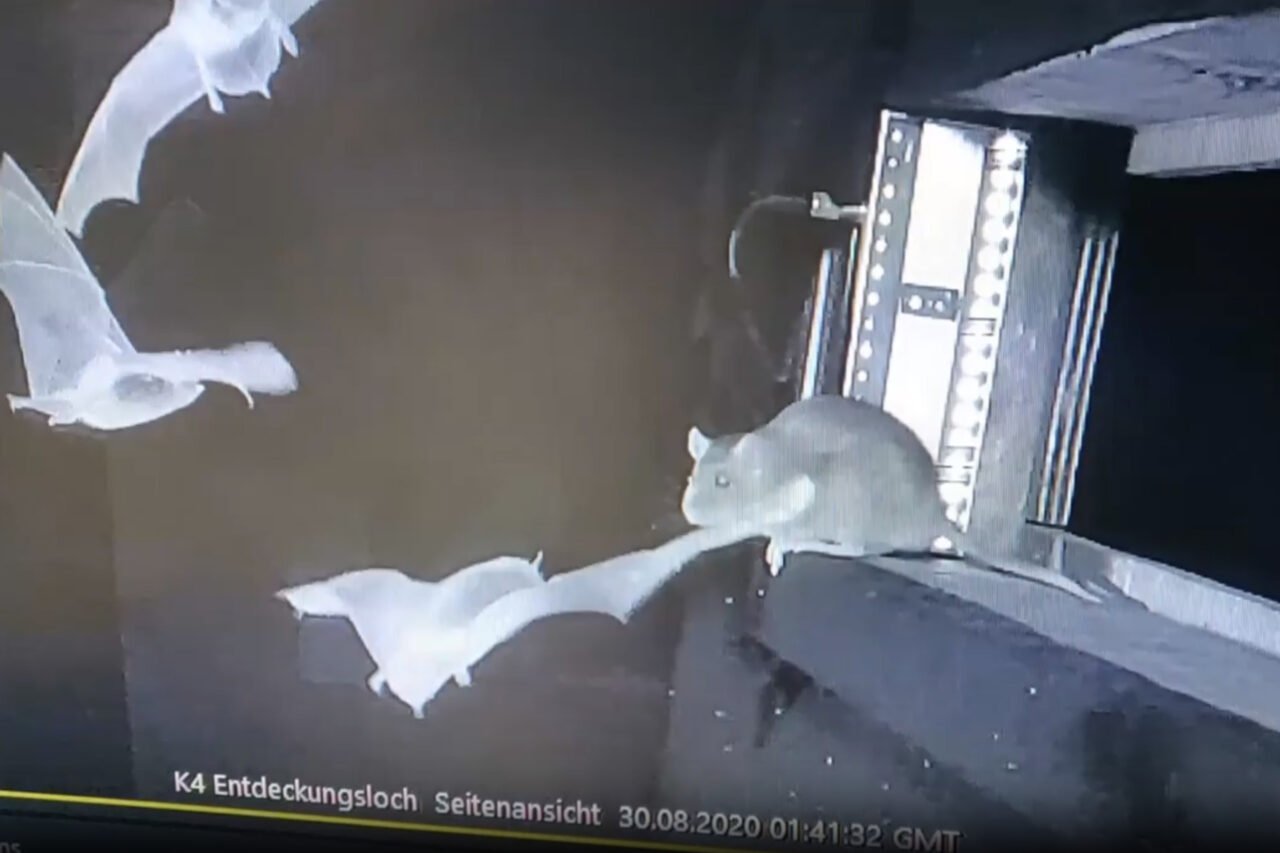Wilkes University has secured over $1.2 million in grant funding from the National Science Foundation (NSF) aimed at bolstering innovation and workforce development in the region. This funding will support two significant projects designed to enhance technology education and foster partnerships between academia and industry.
Greg Cant, President of Wilkes University, expressed pride in this achievement, stating, “This is a tremendous achievement for our faculty as well as the greater community.” The projects, titled “Experiential Learning for Artificial Intelligence-Driven Robotics in Northeast Pennsylvania (EXPLOR-NEPA)” and “Building Relationships in Innovation and Development for Growth in Emerging Technologies (BRIDGE-TECH),” specifically target pressing technology needs in the area.
Innovative Educational Initiatives
The EXPLOR-NEPA initiative is a three-year program funded by the NSF’s Experiential Learning for Emerging and Novel Technologies (ExLENT) program. It aims to provide hands-on learning experiences in artificial intelligence and robotics. The initiative was developed by Abas Sabouni, professor of mechanical engineering and chair of the mechanical and electrical engineering department, along with colleagues Edward Bednarz III, Asif Khan, and Yong Zhu.
Sabouni emphasized the collaborative effort involved in the proposal process, describing it as “an intensive but rewarding experience.” This teamwork has resulted in programs that promise to create lasting impact through enhanced educational and industry partnerships. He noted, “The long-term impact will be a sustainable model for connecting education, innovation, and industry in the northeastern Pennsylvania region and beyond.”
The ongoing collaboration with local school districts and industry partners has highlighted a growing need for greater access to hands-on technology experiences. “We identified an urgent need to introduce artificial intelligence and robotics concepts earlier in the educational pipeline and to expand access for students from underrepresented and underserved backgrounds,” explained Sabouni.
Expanding Access and Opportunities
The BRIDGE-TECH initiative will provide local high school students with early exposure to AI-driven robotics and automation. This program will feature structured hands-on learning, mentorship, and dual enrollment opportunities for students to earn college credit, supported by partnerships with Production Systems Automation and nearby high schools.
“We hope to expand the program to additional school districts, integrate new technologies such as autonomous drones and smart manufacturing systems, and continue refining our experiential learning framework to meet the demands of a rapidly changing world,” Sabouni stated.
Through these initiatives, Wilkes University aims to position itself at the forefront of technological education, preparing students for future careers in an evolving job market while strengthening community ties and advancing regional innovation.







